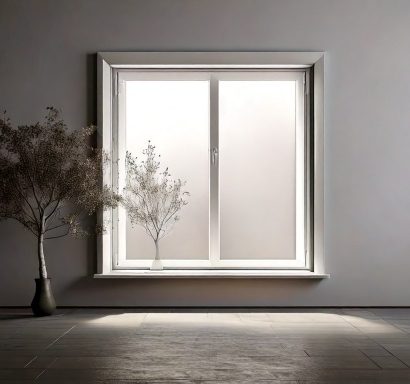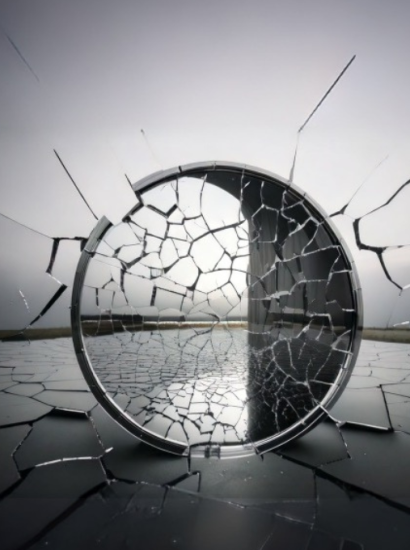This post is also available in: ΕΛΛΗΝΙΚΑ (GREEK) TÜRKÇE (TURKISH)
When I think of the refugee issue (despite the fact that I am a refugee myself, a child of the camps and refugee settlements until the age of 19 when I ‘escaped’ my fate) I think of my aunt. In my eyes she was always old, but when she died at the age of 65, I thought a bit about her life, looking to the past. When she left her village, her hometown, she wasn’t even 30. Much younger than I was at that particular moment [of her death].
Her house had been built just before 1974. And she found herself living in an apartment building in a refugee estate with people who shared the same fate, but who were strangers to each other. She was on the third floor, trying to make up for the [lack of a] garden, which she missed, with 3-4 pots and sometimes a caged bird as a reminder of the animals she had in her village.
It was as if her life had been put on pause, awaiting the return. Years were going by, the apartment building was ageing, the climb to the 3rd floor was becoming more and more difficult. And then came the cancer. The apartment building was torn down, she and her husband were temporarily relocated to a rental house until the apartment building could be rebuilt. She then requested to be given a house on the ground floor, since her health was making it difficult for her to go up and down three floors. No one bothered. Homes on the ground floor are and have been in high demand. They are not for the elderly, cancer patients or the overweight, but for ‘our lot’. The innovation was the [installation of an] elevator, but it was constantly out of order. The refugee apartment now became a cell, as she remained shut in at home, with new neighbours, but no longer in the mood to make new acquaintances. And at the age of 65 she died having lived in a refugee estate for around 35 years, during which she sustained the feeling of impermanence.
Her life is no different from that of many other refugees who still live in such estates made up of aged buildings. In the minds of many, half a century later, there is no refugee problem. But thousands of people still live in shabby estates, longing for their homes, even though they don’t talk about them much anymore.
The government will rebuild apartment buildings in estates to replace those that have been deemed unsafe. Is it not time to come up with another model for housing the refugees of 1974 and their descendants? Is it not time to integrate them into the wider residential fabric, away from refugee estates that are inevitably turning into ghettos? Haven’t refugees been punished enough and don’t they deserve better?







[…] ENGLISH (İNGİLİZCE) ΕΛΛΗΝΙΚΑ (YUNANCA) […]
[…] ENGLISH (İNGİLİZCE) ΕΛΛΗΝΙΚΑ (YUNANCA) […]